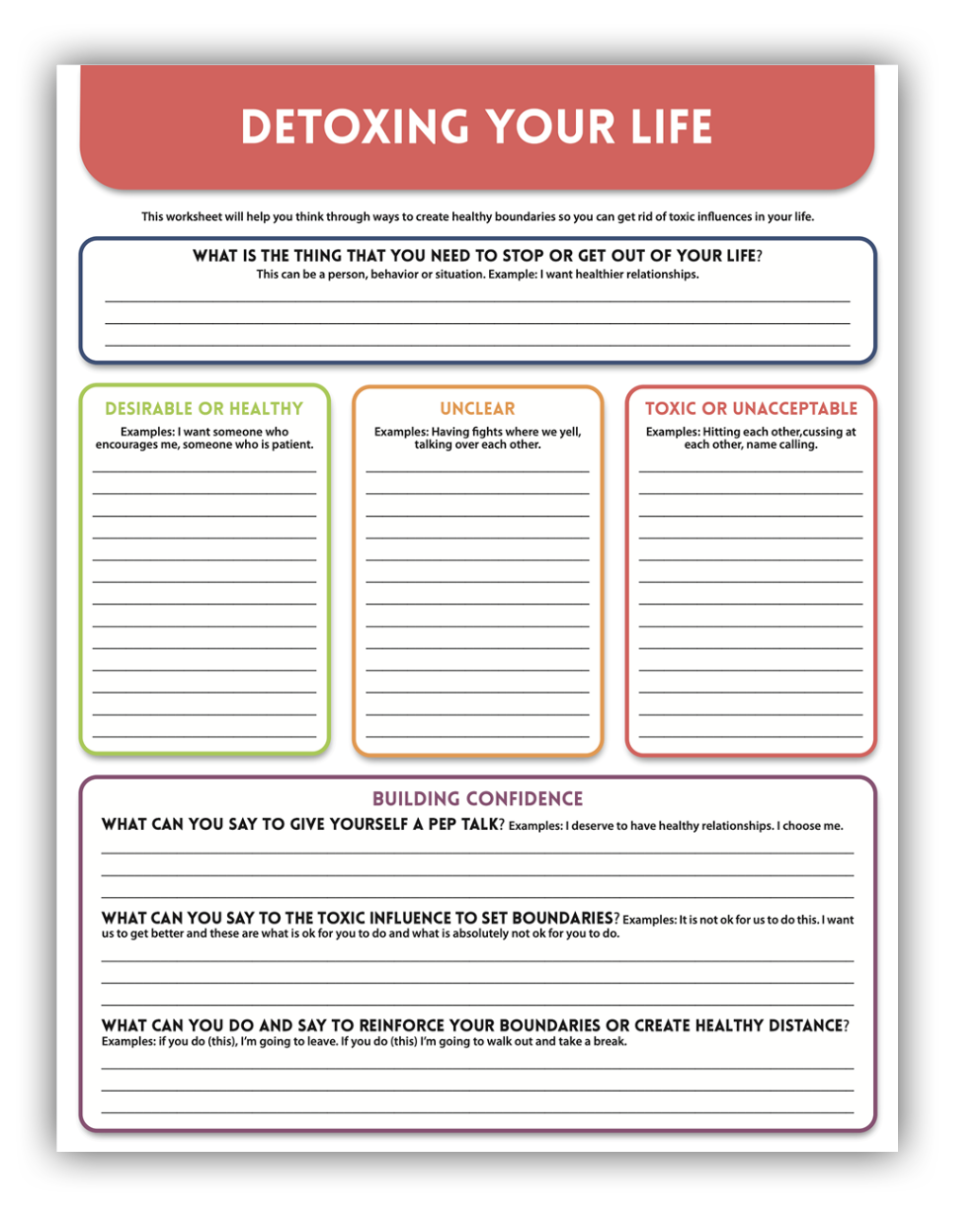Setting Healthy Boundaries
Do interactions with certain people leave you feeling drained, anxious, or overwhelmed? That might be a sign it’s time to set some boundaries.
Boundaries are limits we set for ourselves and others to protect our well-being. They’re not about shutting people out—they’re about creating space to feel safe, respected, and in control of our lives.
Why Boundaries Matter

Boundaries help us:
- Maintain emotional and physical energy
- Protect our mental health
- Communicate our needs clearly
- Build healthier relationships
Without boundaries, we may find ourselves constantly overextended, stressed out, or even resentful of the people around us. Setting limits can feel uncomfortable at first—especially if you’re used to putting others’ needs before your own—but it’s one of the most powerful things you can do for your mental wellness.
What Do Healthy Boundaries Look Like?
Boundaries can be physical, emotional, mental, or even digital. They might sound like:
- “I can’t commit to that right now.”
- “I’m not comfortable talking about this.”
- “I need time to recharge before making plans.”
- “Please don’t comment on my appearance.”
- “Let’s keep our conversations work-related.”
You get to decide what feels okay and what doesn’t—and you don’t need to justify your choices to anyone.
How to Start Setting Boundaries
- Notice Your Reactions - If you feel tense, anxious, exhausted, or resentful after interacting with someone, that’s a cue that your boundaries may need adjusting.
- Clarify What You Need - Ask yourself: What would make this situation feel healthier? More manageable? What do I need to feel respected or safe?
- Communicate Clearly and Calmly - Be direct but respectful. You can use “I” statements to express your needs without blaming others. For example: “I feel overwhelmed when I get texts after work hours. I’d appreciate it if we kept our messages to business hours.”
- Stick to the Boundary - Boundaries only work if you follow through. If someone crosses a line, kindly remind them—and if needed, enforce consequences. For example:“If you continue to bring this up, I’ll have to end the conversation.”
What If Someone Pushes Back?
It’s normal for people to resist your boundaries—especially if they’ve benefited from you not having any. But you’re not being selfish by protecting your mental health. You’re being responsible.
Stay grounded in your values, and remember: someone who truly respects you will respect your limits.
Need Support?
If setting boundaries feels overwhelming, you’re not alone. Journaling, role-playing with a trusted friend, or working with a mental health professional can help you build confidence and develop healthy communication strategies.
You are allowed to protect your peace. Your needs matter. And healthy boundaries can help you thrive.